Tanner Record
WordPress Plugin Developer
-

The Great Data Liberation
Late in 2023, Matt Mullenweg announced a new initiative for 2024 that he’s calling “Data Liberation”. If you look anywhere across the WordPress community, I’m sure you’ve seen or heard…
-

How to Add Plugin Info to WordPress Site Health
In this issue, I’m going to walk through how to add your plugin’s information to the Site Health section of WordPress When users send in support requests, the site health…
-
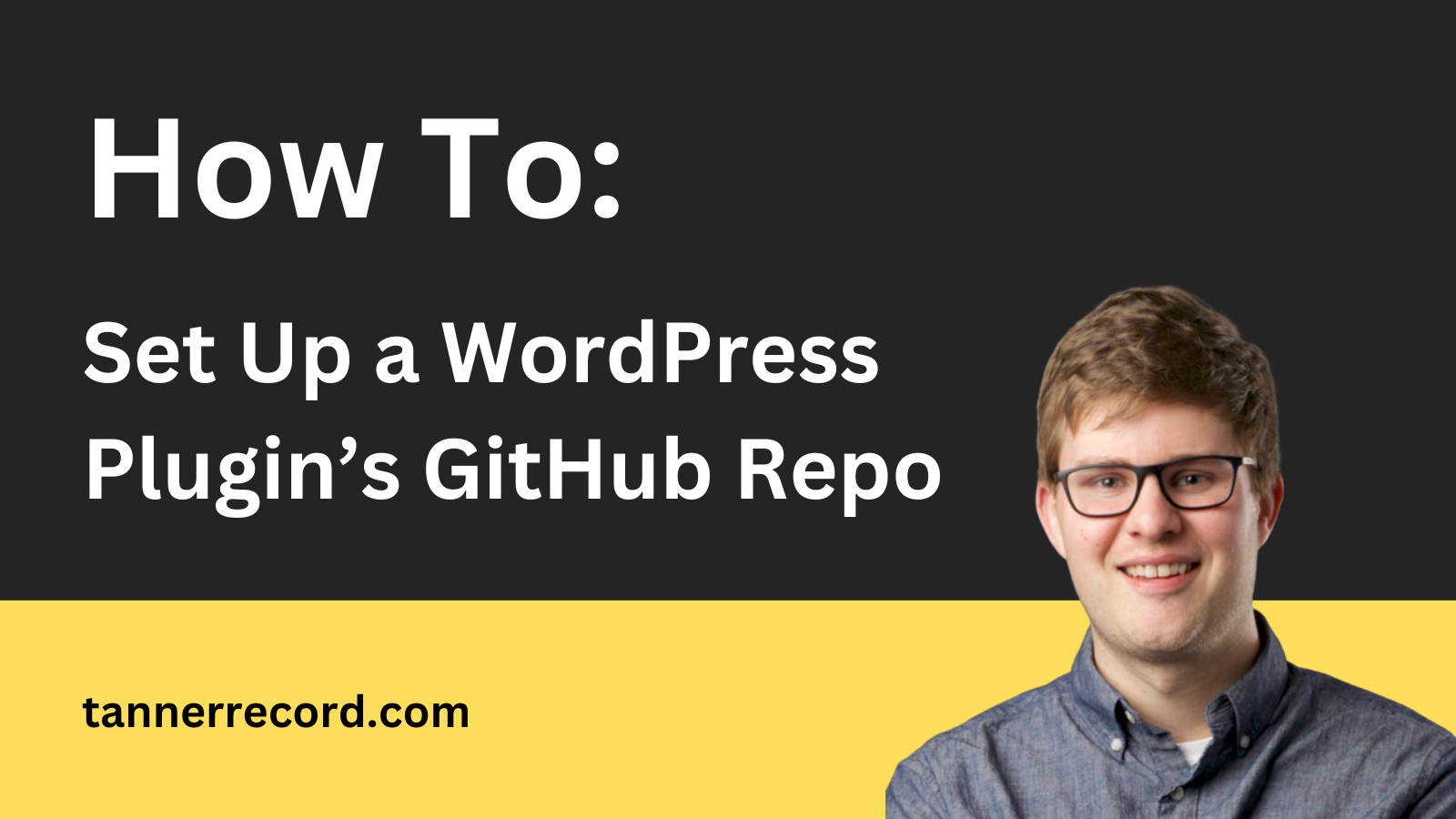
How to Set Up a WordPress Plugin GitHub Repository
This week, I’m going to walk through how you can configure your WordPress plugin’s GitHub repository. Hosting open source code on GitHub is great because it is an established platform…
-
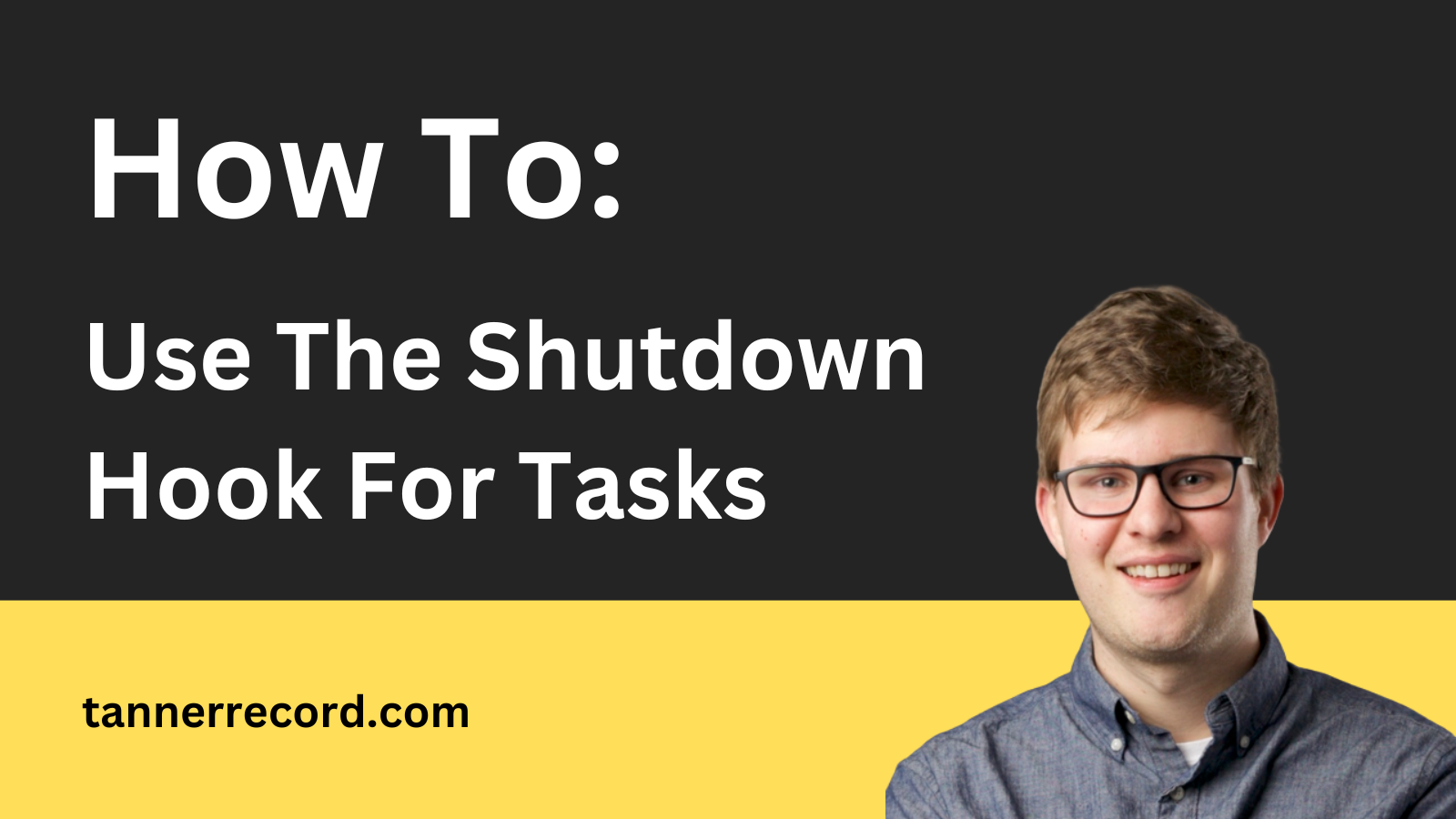
How to Use the Shutdown Hook for Tasks
As a plugin developer, you are adding functionality that is processed each time a user sends a request to the server. You are probably aware of several hooks outlined in…
-

How to Write Great Commits
This week, I’m going to give you a 3 step process for writing perfect commits. If you’re working on code and aren’t using a versioning system, you should definitely start…
-

Collect Usage Data With A Simple Hook
As a plugin developer, one of your biggest hurdles with the WordPress ecosystem is that you don’t have a standard way of gathering metrics on how your plugin is used.…
-

Create CSV Exports of WordPress Data
If your plugin is storing any kind of data for the user, at some point they may want a feature to export that data into a format that they can…
-
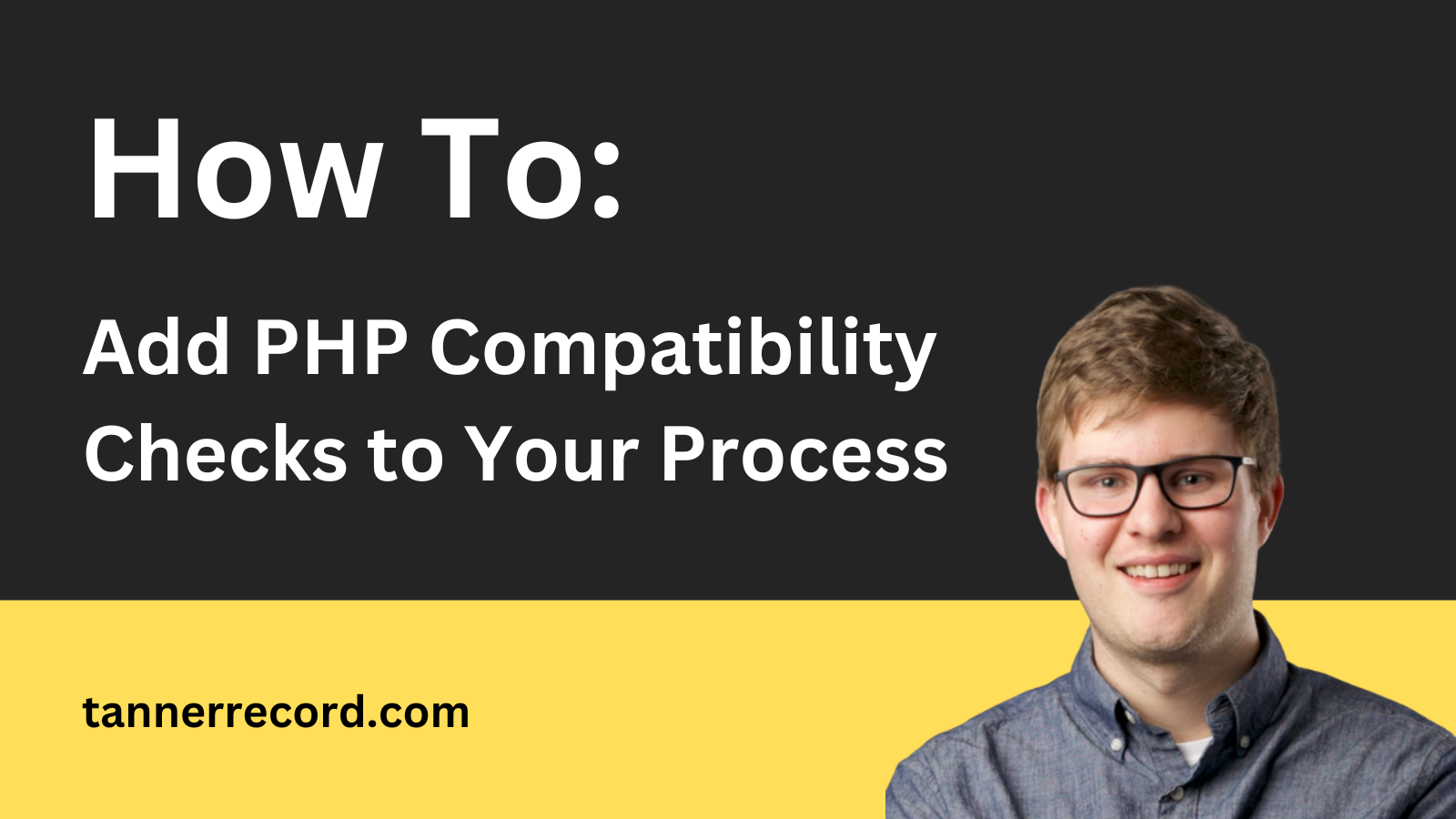
Add PHP Compatibility Checks to Your Process
This week, I’m going to walk you through what it takes to start checking your plugin’s PHP compatibility. Every time I start a new plugin, one of the first things…
-
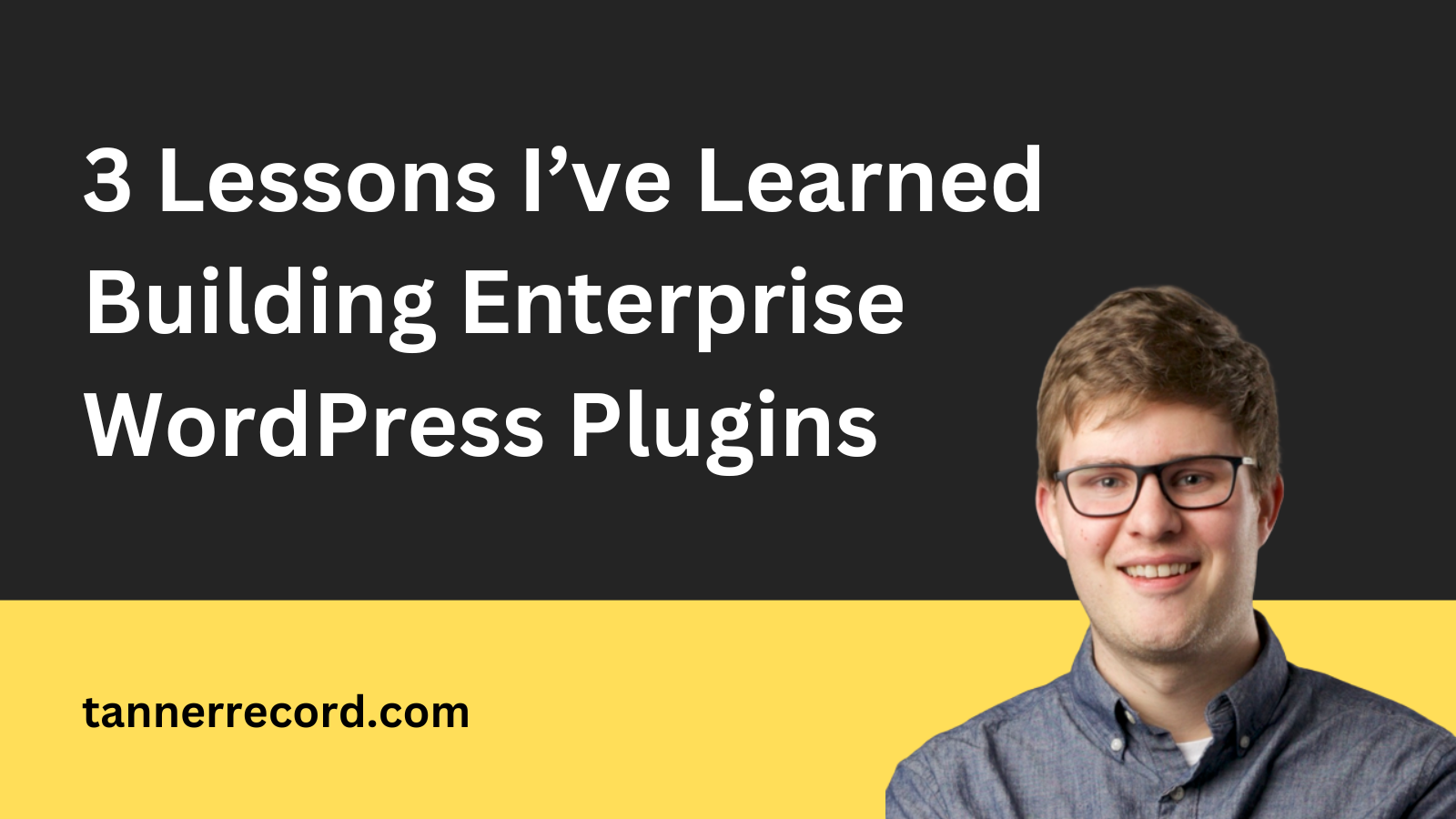
3 Lessons I’ve Learned Building Enterprise WordPress Plugins
Over the last few years, I’ve built quite a few plugins—most of them never installed on more than one site. When a client wants a bit of custom functionality, there’s…
-
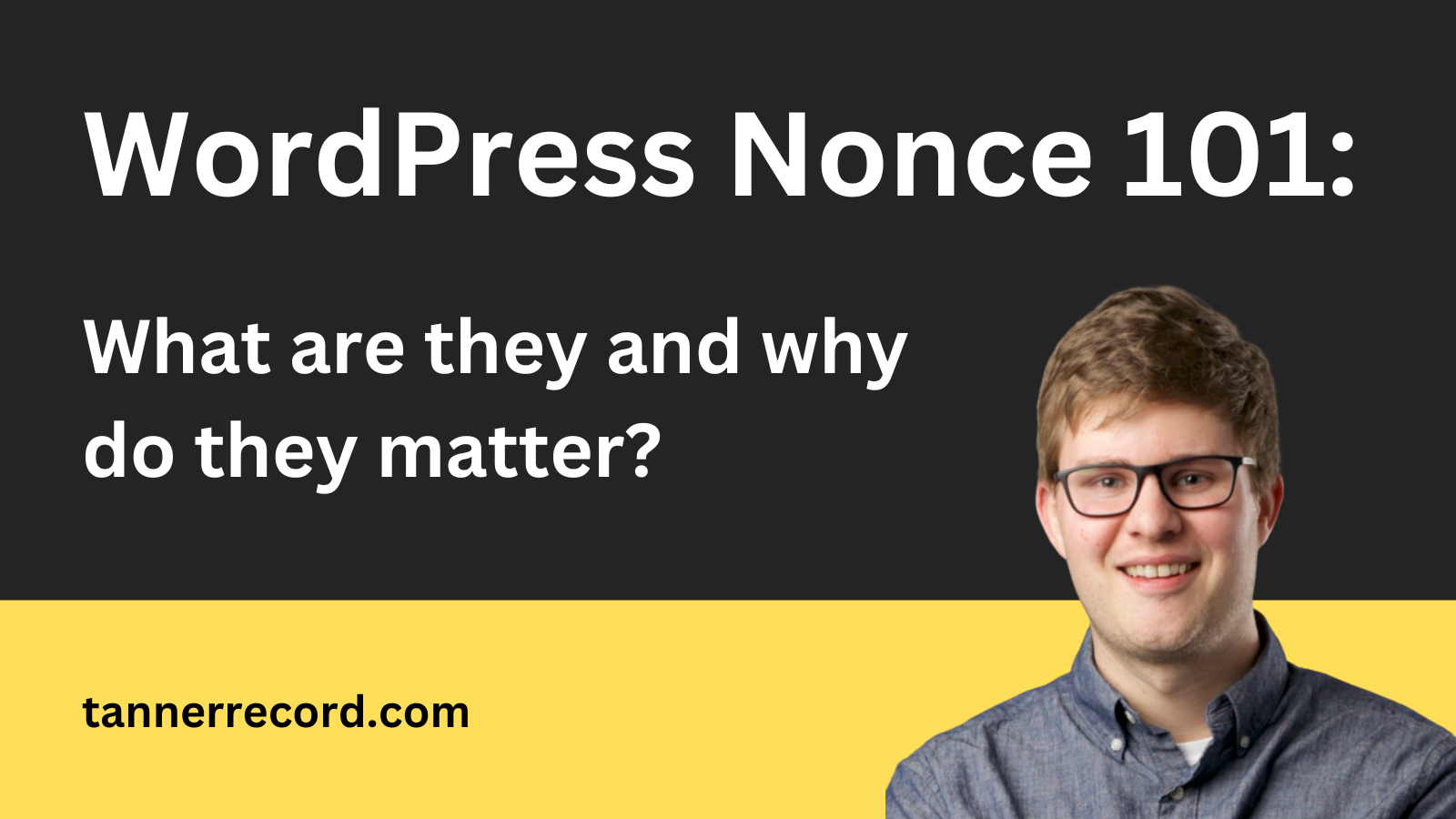
WordPress Nonce 101: What are they and why do they matter?
If your plugin has its own settings page and performs any kind of CRUD (Create, Read, Update, Delete) action, then you should be using nonces. If you’ve never heard of…
